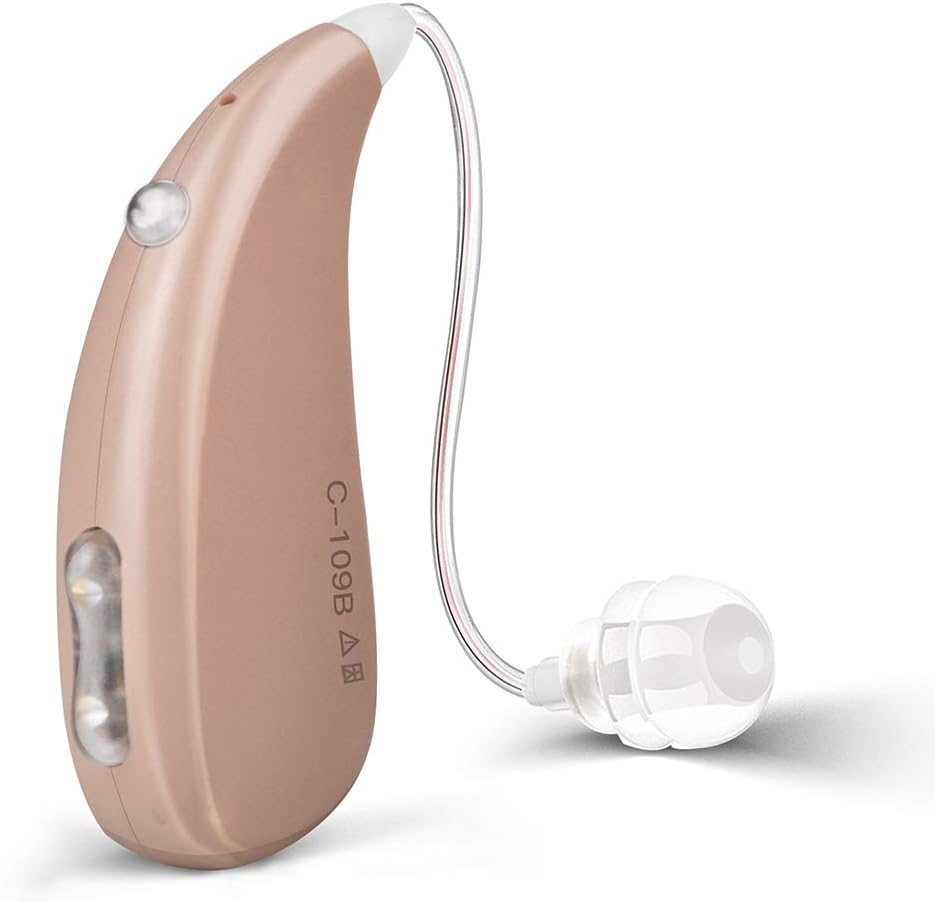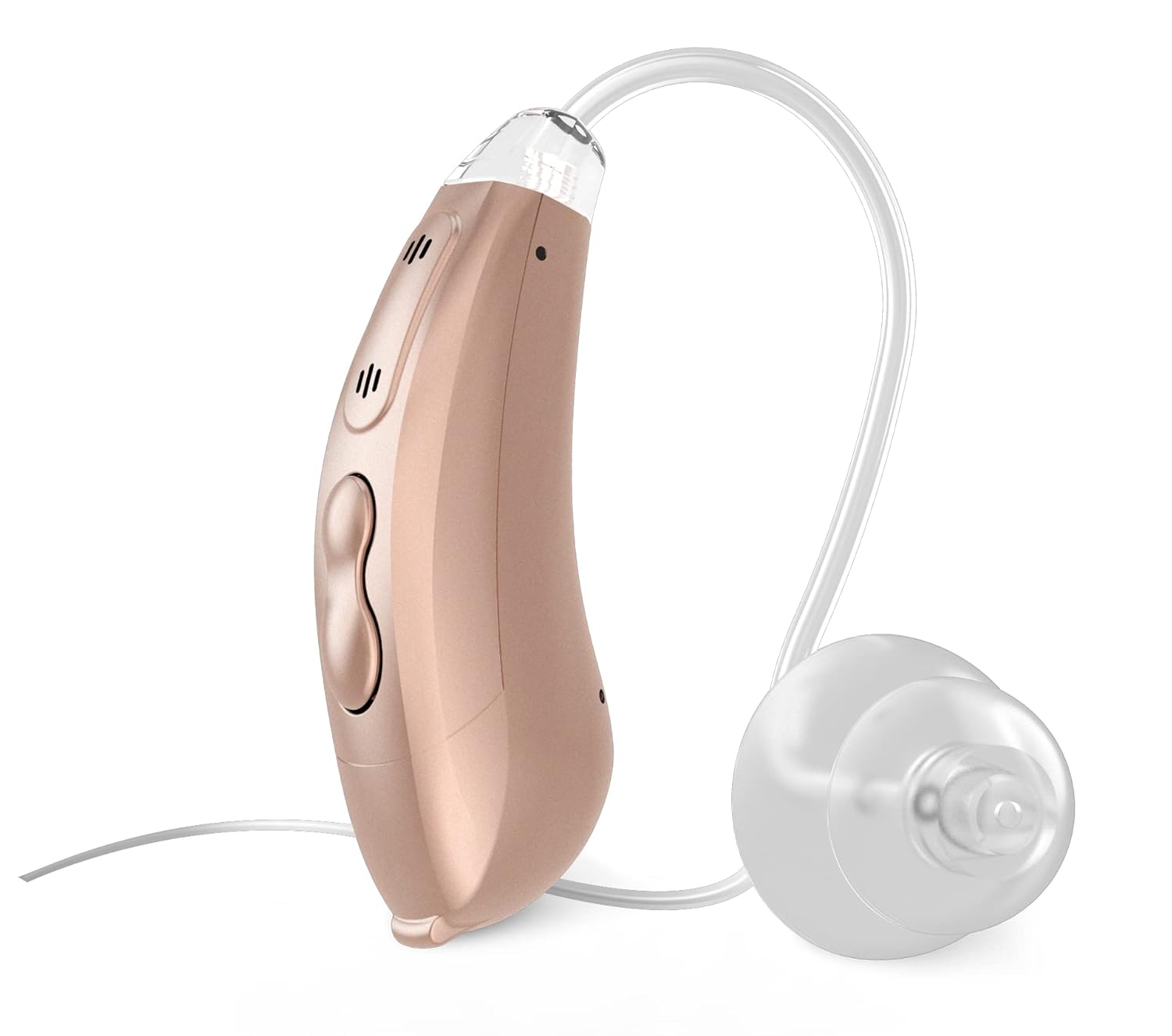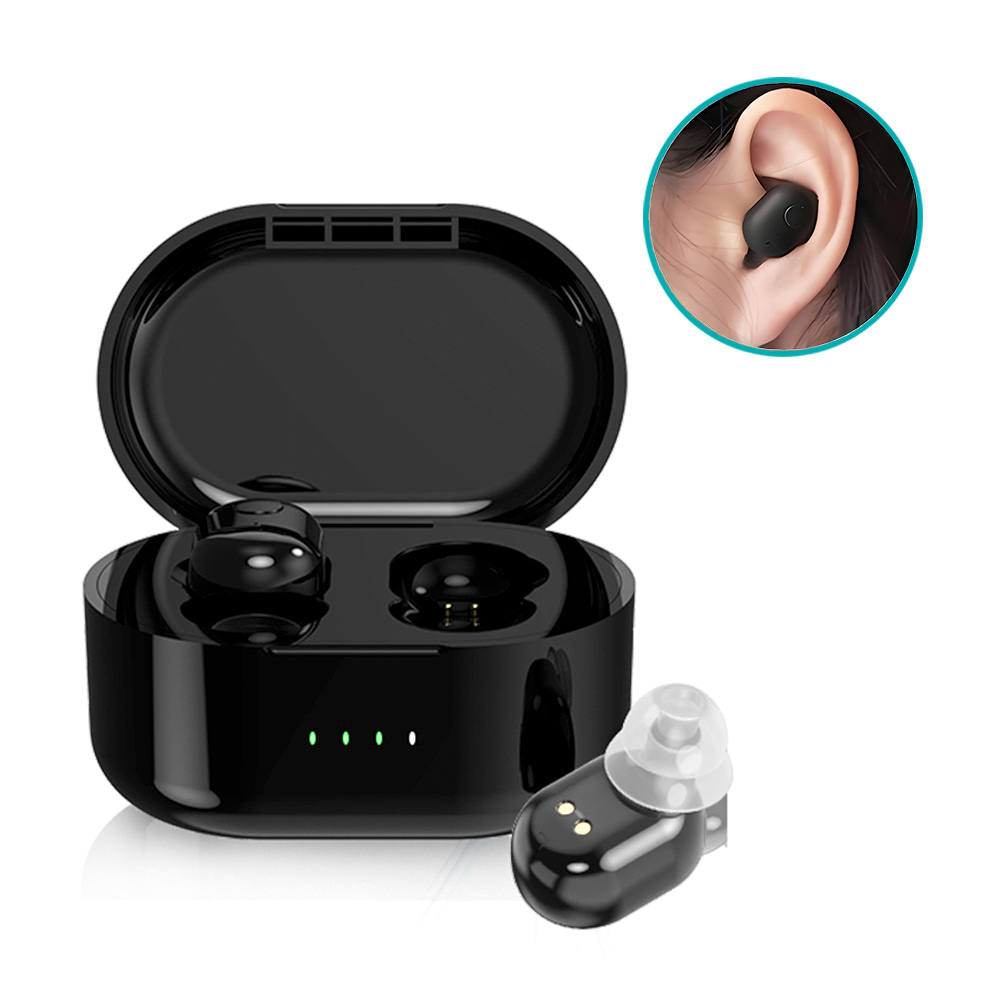 It’s been one year since Over the Counter (OTC) hearing aids became available to consumers 18 years and older with perceived mild to moderate hearing loss. And like other OTC products, they can be purchased in a store or online without the involvement of a professional (for hearing that means an ear, nose and throat doctor (ENT), audiologist or hearing specialist). If you are exploring options for yourself, a friend or a loved one, here are three things to keep in mind.
It’s been one year since Over the Counter (OTC) hearing aids became available to consumers 18 years and older with perceived mild to moderate hearing loss. And like other OTC products, they can be purchased in a store or online without the involvement of a professional (for hearing that means an ear, nose and throat doctor (ENT), audiologist or hearing specialist). If you are exploring options for yourself, a friend or a loved one, here are three things to keep in mind.
Do you really know the extent of your hearing difficulty? Consider having a hearing screening with a hearing professional to provide you with an accurate assessment of your loss. Hearing loss can be sudden but most often is gradual. As a result, people tend to wait years before seeking help and are often surprised at the extent of their loss as measured in an audiogram. You can find a professional near you here.
Both OTC and Prescription hearing aids are available with varying levels of technology. The type of technology influences the price of the device, with more advanced technology increasing is the total cost. Consider your needs, lifestyle, and environment when making a selection. Be sure to understand the return policy and warranty of the device you are considering. Most quality products will have a return policy of at least 30 days or more. It will take some time and practice for you to adjust to the device so be patient and give yourself the time to adjust to the changes in sound that your brain is now hearing.
Watch out for misleading advertising! No hearing aid will restore your natural hearing. OTC hearing aids are not intended for severe or profound hearing loss. If the ad sounds too good to be true, it probably is. All hearing aids, whether OTC or prescription devices that can only be sold by hearing professionals, must register and comply with FDA regulations.
If you have hearing difficulty and are wondering if you should do something about it, consider this: Research studies confirm that untreated hearing loss is linked to cognitive decline, depression, and falls leading to hospitalization in older adults.1 The vast majority of hearing aid users report a better quality of life and high levels of satisfaction with their hearing aids. There are many options for you to explore including various levels of technology and insurance coverage for hearing. For more information about hearing health, visit www.betterhearing.org







